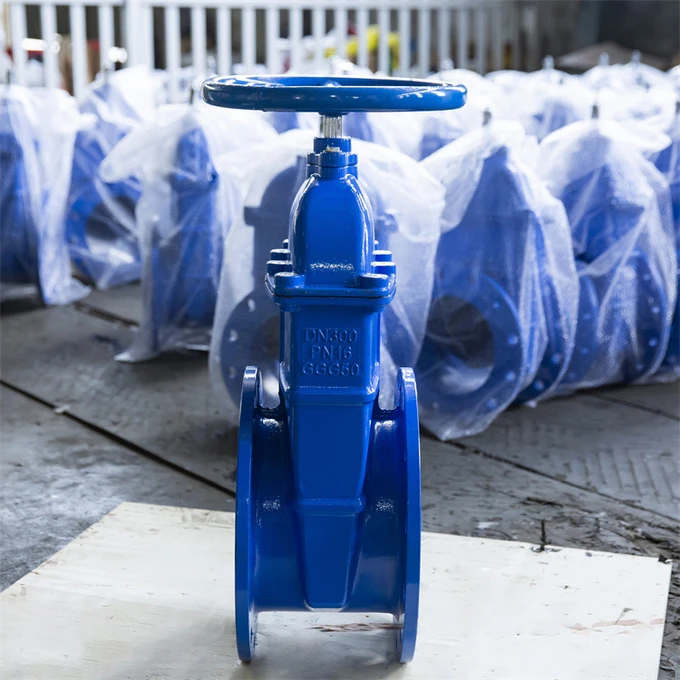Dec . 06, 2024 09:15 Back to list
Industrial Measurement Tools for Precision and Efficiency in Manufacturing Processes
The Importance of Industrial Gauges in Modern Manufacturing
In the realm of manufacturing and industrial processes, precision is paramount. From automotive assembly lines to pharmaceuticals, the ability to measure and control variables accurately can make the difference between success and failure. Industrial gauges play a crucial role in ensuring that machines and processes operate within specified parameters, ultimately contributing to the quality and safety of products. This article explores the significance of industrial gauges, their types, and their applications in various industries.
Understanding Industrial Gauges
Industrial gauges are instruments designed to measure physical quantities such as pressure, temperature, level, flow, and more. They provide critical data that operators and engineers use to monitor and control operational processes. By delivering real-time measurements, these gauges enable companies to maintain quality standards, prevent equipment malfunctions, and ensure compliance with safety regulations.
Types of Industrial Gauges
1. Pressure Gauges These gauges measure the pressure of gases and liquids within a system. Common types include bourdon tube gauges, diaphragm gauges, and digital pressure sensors. Industries such as oil and gas, HVAC, and automotive rely on accurate pressure readings to optimize performance and ensure safety.
2. Temperature Gauges Temperature measurement is vital in many applications, from food processing to chemical manufacturing. Thermocouples, resistance temperature detectors (RTDs), and infrared thermometers are commonly used to monitor temperature variations, preventing overheating or underheating in critical systems.
3. Flow Gauges Flow measurement gauges, including flow meters and rotameters, are essential in industries where the flow of liquids or gases needs to be monitored. Applications range from water treatment facilities to chemical plants, where controlling flow rates can significantly impact process efficiency.
4. Level Gauges These gauges are used to determine the level of liquids or solids in tanks and silos. Various technologies, such as ultrasonic, radar, and capacitive level sensors, are employed to provide accurate level readings, crucial for inventory management and safety in storage operations.
industrial gauge

5. Thickness Gauges Used in industries such as metal fabrication and coating, thickness gauges measure the thickness of materials to ensure they meet specifications. This is particularly important in quality control processes to avoid defects and maintain structural integrity.
The Role of Industrial Gauges in Quality Control
Quality control is an essential aspect of manufacturing and production processes. Industrial gauges significantly contribute to maintaining quality standards by providing reliable data that helps in the detection of anomalies. For example, if a pressure gauge indicates an unexpected drop in pressure, it may signal a leak in the system, prompting immediate investigation and repair. Similarly, temperature fluctuations can lead to product spoilage or failures, making real-time monitoring through temperature gauges vital.
Enhancing Efficiency and Safety
Beyond quality assurance, industrial gauges also enhance operational efficiency. By monitoring critical parameters, companies can optimize processes, reduce waste, and minimize downtime. For example, flow gauges can help regulate the supply of raw materials, ensuring that production lines run smoothly without interruptions. Furthermore, maintaining proper pressure and temperature helps prevent accidents, ensuring a safer working environment for employees.
Technological Advancements in Gauging
With the advancement of technology, industrial gauges have become more sophisticated. The integration of digital technology and IoT (Internet of Things) solutions allows for remote monitoring and automated data collection. These innovations enable real-time analysis and predictive maintenance, offering businesses deeper insights into their operations and aiding in decision-making processes.
Conclusion
In conclusion, industrial gauges are indispensable tools in modern manufacturing. Their ability to measure critical parameters ensures quality, enhances efficiency, and upholds safety standards in various industries. As technology continues to evolve, the role of these gauges will likely expand, providing even greater capabilities and contributing to the advancement of industrial processes. Investing in reliable and accurate gauging systems will remain a priority for companies striving for excellence in an increasingly competitive market.
-
Precision Manufacturing with Advanced Spline Gauge DesignNewsJul.31,2025
-
Industrial-Grade Calibrated Pin Gauges for Exact MeasurementsNewsJul.31,2025
-
Industrial Filtration Systems Depend on Quality Filter DN50 SolutionsNewsJul.31,2025
-
High-Performance Gate Valve WholesaleNewsJul.31,2025
-
Granite Surface Plate The Ultimate Solution for Precision MeasurementNewsJul.31,2025
-
Granite Industrial Tools The Ultimate Guide for Bulk BuyersNewsJul.31,2025
Related PRODUCTS









